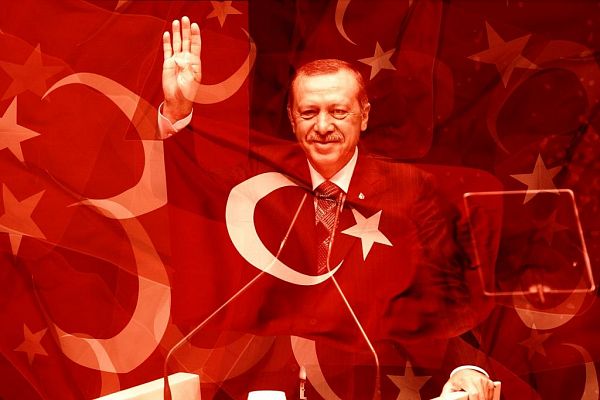Display options:
2018 - Volume 12, Issue 3
Research Articles
The debate on and around “killer robots” has been firmly established at the crossroads of ethical, legal, political, strategic, and scientific discourses. Flourishing at the two opposite poles, with a few contributors caught in the middle, the polemic still falls short of a detailed, balanced, and systematic...
Download article
Whereas poverty eradication is the primary official purpose of development aid disbursed by the EU, an analysis of official development assistance (ODA) flows between 1995 and 2014 suggests that recipients’ needs are even less salient for aid by the EU than for the bilateral aid dispersed by its member...
Download article
Attacks on energy sectors are an important part of the strategy of Islamist militant and terrorist organisations such as Al Qaeda and its offshoots or the Taliban. In connection with this, this article focuses on the attitude of the global Islamist terrorist group the Islamic State (IS) with regard to...
Download article
The article analyses the positions of the Visegrad Group and the Baltic countries on the Russia-Ukraine conflict that erupted in 2014. The public discourse about the Russian-Ukrainian conflict is affected by the following main factors in these countries: historical heritage, concern for their own safety,...
Download article
The article is aimed at analysing the U.S. contemporary defence and military planning from the Revolution in Military Affairs (RMA), developed in the 1990s and consolidated during the War on Terror, to the Third Offset Strategy that will guide the Pentagon’s efforts until 2030. It will be argued that...
Download article
Since the Justice and Development Party came to power, Turkey has taken another direction in the international scene, based primarily on the ideas of Ahmet Davutoglu, architect of Turkish foreign policy. Different from Turkey's conduct during the Cold War, Davutoglu developed a new foreign policy with...
Download article
Recently, predictions about the potential end of Schengen cooperation have multiplied. The extraordinary number of refugees coming into the EU is generally understood as the root of the problems within Schengen because the external borders were not prepared to manage such a strain. At the same time,...
Download article








